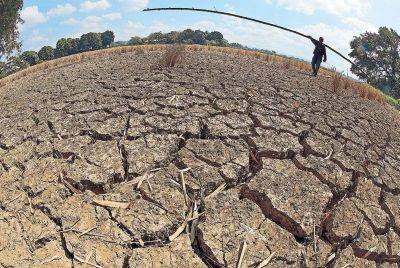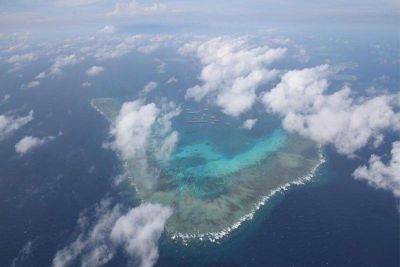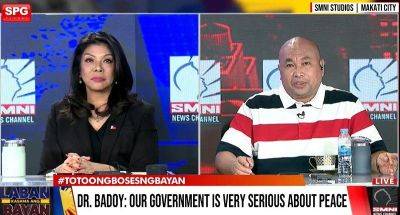Philippines still lags behind world in math, reading and science — PISA 2022
MANILA, Philippines — Students in the Philippines remain among the world’s weakest in math, reading and science, new findings by the Program for International Student Assessment (PISA) showed, with recent test scores showing no significant improvement from the country’s performance in 2018.
Despite the education department’s firestorm of reforms and preparations following a dismal showing in PISA 2018, just less than a quarter of Filipino students who took the test in 2022 reached the minimum level of proficiency in all three subjects of math, reading and science, according to PISA results released on Tuesday.
Similar to 2018, the latest PISA scores show the Philippines performed worse than the global average in all categories, with its placement in the country rankings moving up by just a few spots above countries that dropped ranks due to the pandemic’s impacts on student learning.
The latest results also come off the back of the Philippine education system’s slow climb out of the pandemic — a prolonged period of school closure that resulted in learning losses and a ballooning number of students who cannot read.
The Department of Education released a statement before the public release of the PISA 2022 results and said that it was not expecting a “good” outcome.
PISA, which is conducted by the Organisation for Economic Co-operation and Development (OECD), has been evaluating the literacy of 15-year-olds every three years since 2000. The latest cycle, which involved 81 countries, was postponed by a year due to the COVID-19 pandemic.
The test is designed to evaluate the literacy of 15-year-olds as this is typically the age at which most students are still enrolled in formal education.
The results of PISA 2022 is one of the first international assessments to capture the impact of the COVID-19 pandemic on most education systems in the world, with OECD noting that there was a drastic decline in student performance across nations unprecedented in its history.
The Philippines only joined PISA in its 2018 cycle.
To recall, former Education Secretary Leonor Briones expressed indignation over the World Bank’s citation of the 2018 PISA results in a 2021 report on







